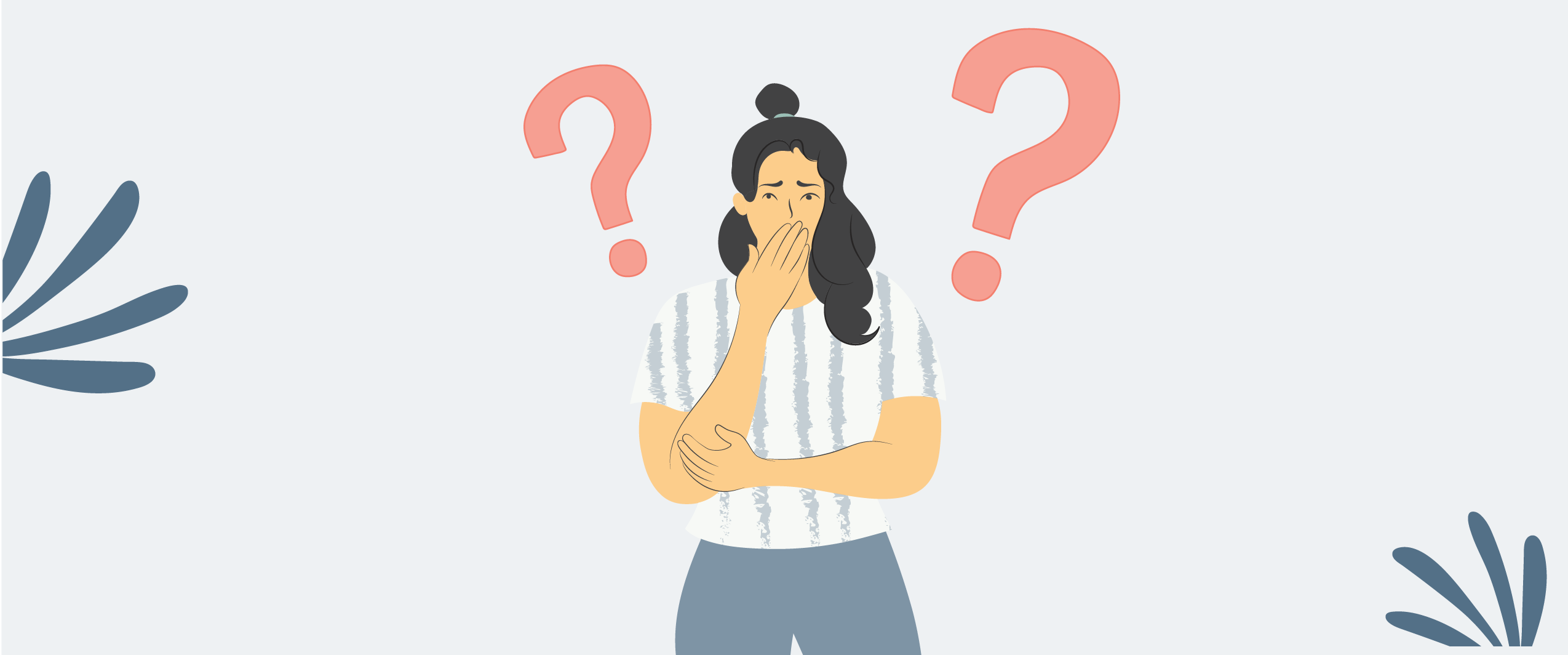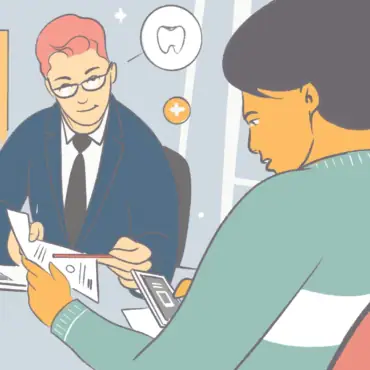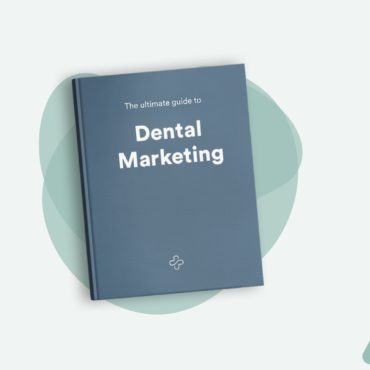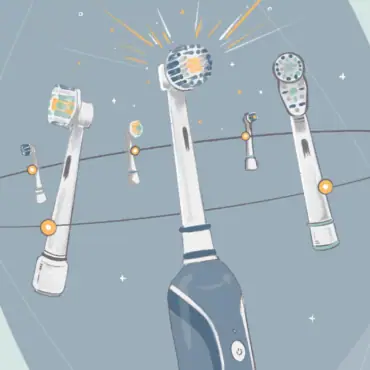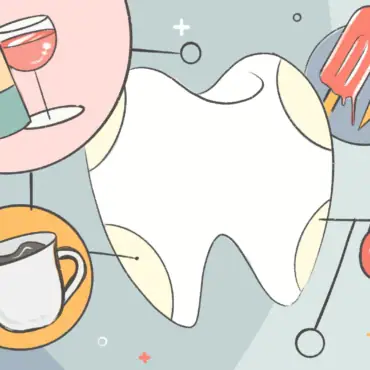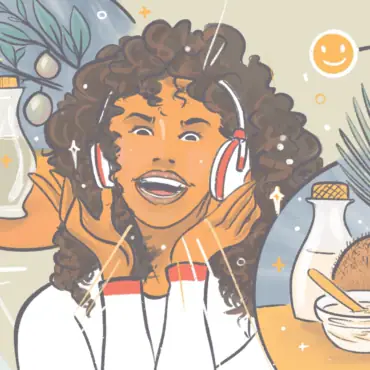What defines a dental emergency and when should you go to the dentist during COVID-19?
by Samie Durnford and Dr. Natalie Archer, DDS
With many dental offices around the continent only open for dental emergencies during COVID-19, you may be left with many questions. When can I go? Is it even safe? And how do you maintain social distance at the dentist’s office anyway? Luckily, dentists across the nation are ready to support patients during this time, and we have compiled the best advice for seeking help if you have a dental emergency.
Dentistry is considered an essential service. And while you won’t be able to go get your teeth whitened or a regular cleaning, you absolutely can see a dentist if you’re experiencing an emergency.
What defines a dental emergency?
A dental emergency is anything that is causing immediate and unavoidable pain or discomfort. If you’re experiencing pain that can’t be helped by medications (like ibuprofen) or antibiotics, it’s time to call your dentist. Dental practices that are open for emergencies will take your information over the phone and work with you to decide if you require a visit or not.
While unavoidable pain is a common sign of a dental emergency, dental offices in different areas of the country may define emergencies differently. If you’re unsure if you have a dental emergency, call a local dentist office that’s accepting emergency appointments to get screened.
Tele-dentistry has allowed dental practices to quickly adapt to social distancing safety protocols. Now, you can call your dentist to do an over-the-phone screening where they will walk you through your dental history, and identify on your charts where the pain might be stemming from. If you’re able to chat with your regular dentist, they’ll be able to examine notes from your past visits to help diagnose what the problem might be.
The most common dental emergencies are:
- Knocked out tooth
- Cracked or chipped tooth
- Abscessed tooth
- Severe tooth pain or infection
- Gum infection with pain or swelling
If you’re experiencing a dental emergency, you should make a dental appointment as soon as possible.
What if I have a cavity or a toothache?
If you’re in so much pain that you can’t function or sleep, then a cavity or toothache could be considered an emergency. If you’re experiencing mild pain, try taking an over the counter pain medicine and see if the sensitivity or pain goes away. Often, a cavity is not an emergency and can wait until dentist offices resume regular services before going in to get the cavity dealt with.
If the ache doesn’t go away at all, and it’s impacting your daily life, or you’re waking up at night in pain, call your dentist and discuss making an appointment.
What about cavities waiting to be fixed, cleaning, and x-rays?
If it’s not a dental emergency, routine checkups will have to wait. Don’t worry if you have a cavity that was scheduled to be fixed but got postponed because of COVID-19. Continue to practice good oral hygiene (regular brushing and flossing), and any other recommendations that will help maintain your oral wellness. Things like drinking water, sleeping well, avoiding sugary foods, drinking too much tea or coffee, and taking care of your mouth will get you through to that next cleaning!
How do I know a tooth is infected?
You can tell a tooth is infected if you have swelling or knots on your gums or any swelling in your face. If you experience a fever or your skin is hot to the touch around the area of your mouth where the pain is, then it’s time to call your dentist because it might be signs of infection.
What if my dentist isn’t open at all? How do I schedule an emergency dental appointment?
Don’t worry! Most dentists that are open for emergency dental appointments are happy to screen new patients and help you decide whether you’re experiencing a dental emergency. Find a dentist that’s open near you and contact them if you have any concerns at all. Even if you’re not a patient of their practice, they’ll be able to chat with you over the phone to get to know your symptoms and dental history.
Is going to the dentist for a dental emergency safe for me?
Thankfully, infection control has always been paramount in dentistry and practices are doing everything they can to ensure that your visit is safe. Dental practices in Canada are regulated by the Infection Prevention and Control (IPAC). In the United States, the American Dental Association (ADA) is ensuring that dentists follow proper safety protocols.
Every patient is screened for COVID-19 symptoms before they’re allowed to make an appointment or come in for a dental emergency visit. While every practice varies, many of them are only allowing single-patient entries into the practice. Chances are you will be required to wear a mask, and you may have to have your mouth rinsed with hydrogen peroxide. Your dental team will also be fitted in personal protection equipment to keep both you and them safe. The office will be sterilized, head to toe and dental sterilization equipment will be used on all tools, much like it was before.
Dental offices have habits and best practices that have been ingrained in dentistry since before the time of COVID-19. So, you can trust that your dentist is doing everything possible to ensure your safety. If you’re still feeling nervous, just call and ask them what they’re doing to prevent the spread of COVID-19 and keep patients safe.
There may be times you experience a dental emergency, and there’s no reason to avoid the dentist if one occurs during COVID-19. Rest assured, practices are cleaning their dental instruments and following strict sterilization protocols, paired with proper screening of patients to ensure that everyone remains safe from infection.

